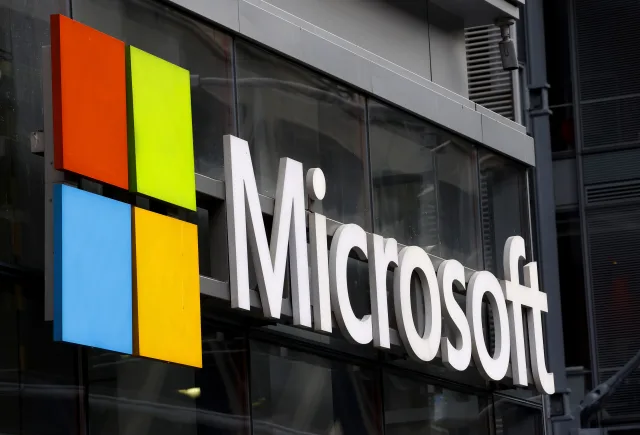The New York Times sued Microsoft and Open AI, claiming that they had violated copyright. Microsoft has responded with a move to have some of the lawsuit’s points dismissed. Remember that The Times sued both businesses for training their GPT large language models (LLMs) on its published content without permission or payment? By asserting that AI technologies threaten independent journalism, the business has accused The Times of promoting “doomsday futurology” in its filing. In late February, OpenAI filed a court filing in which it also sought to have some crucial aspects of the case dismissed.
Similar to how OpenAI did it earlier, Microsoft accused The Times of crafting “unrealistic prompts” to “coax the GPT-based tools” into producing answers that matched its content. The lawsuit filed by the media group was also likened to the attempts made by Hollywood studios to “stop a groundbreaking new technology:” The video cassette recorder. Microsoft clarified that by creating new revenue streams, the VCR contributed to the growth of the entertainment sector rather than demolish Hollywood. It went on to say that LLMs are a breakthrough in artificial intelligence, and that Microsoft “firmly believes in LLMs’ capacity to improve the way people live and work” and worked with OpenAI to “help bring their extraordinary power to the public.”
The company is asking the court to dismiss three claims, including one saying it’s liable for end-user copyright infringement through the use of GPT-based tools and another that says it violates the Digital Millennium Copyright Act. Microsoft also wants the court to dismiss the element of the case wherein The Times accused it of misappropriating time-sensitive breaking news and consumer purchasing recommendations. As an example, The Times argued in its lawsuit that it will lose revenue if users ask ChatGPT to research articles on Wirecutter, which the news company owns, because potential buyers will no longer click on its referral links. But that’s “mere speculation about what The Times apparently fears might happen,” and it didn’t give a single real-world example in its complaint, Microsoft said.
“Microsoft doesn’t dispute that it worked with OpenAI to copy millions of The Times’s works without its permission to build its tools,” Ian Crosby, lead counsel for The Times, told the publication.” Instead, it oddly compares L.L.M.s to the VCR even though VCR makers never argued that it was necessary to engage in massive copyright infringement to build their products.”
OpenAI and Microsoft are facing more lawsuits related to the content used to train the former’s LLMs other than this particular one. Nonfiction writers and fiction authors, including Michael Chabon, George R.R. Martin, John Grisham and Jodi Picoult, accused the companies of stealing their work for AI training. More recently, The Intercept, Raw Story and AlterNet filed separate lawsuits against the company, because ChatGPT allegedly reproduces their content “verbatim or nearly verbatim” while removing proper attribution.





